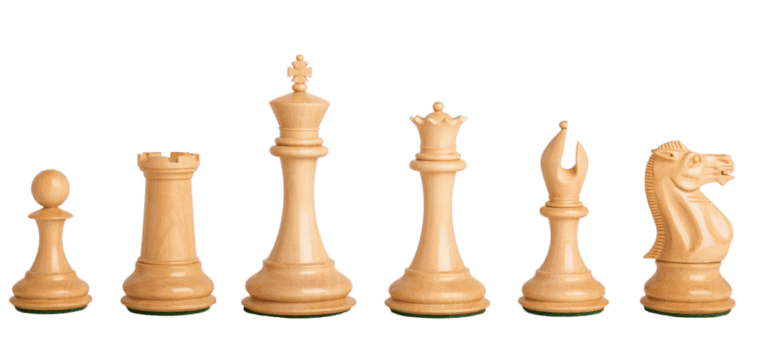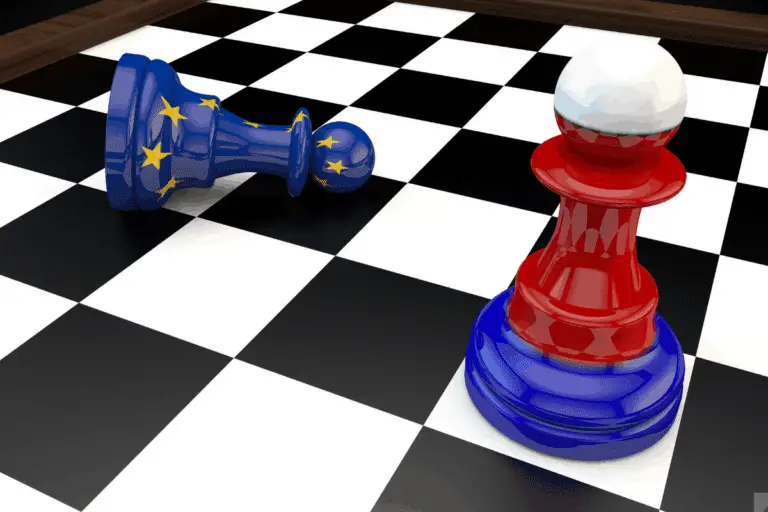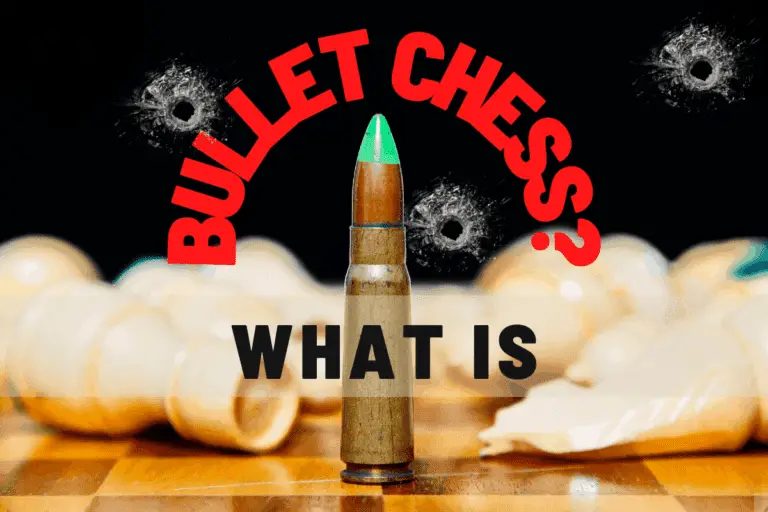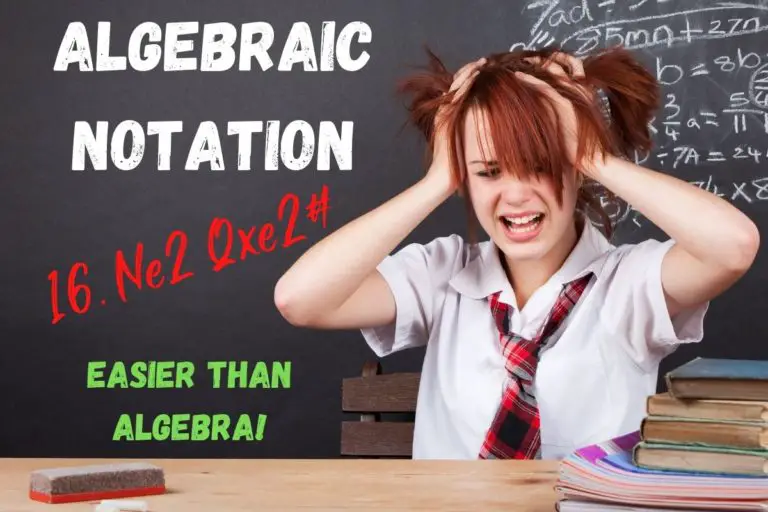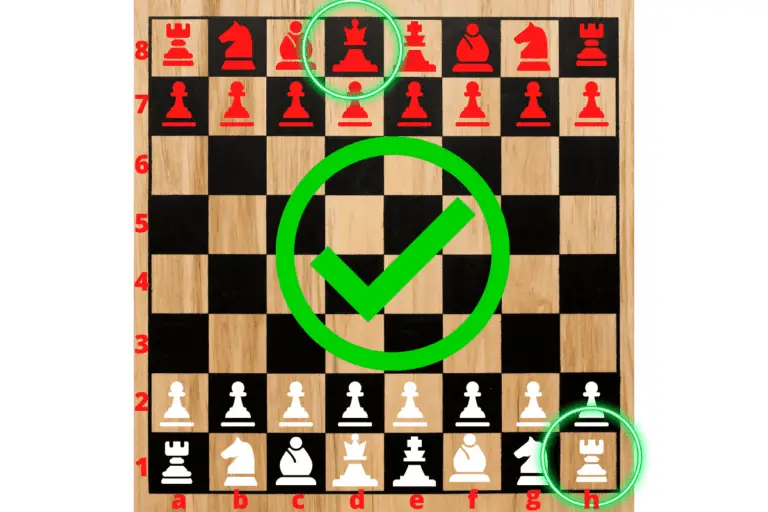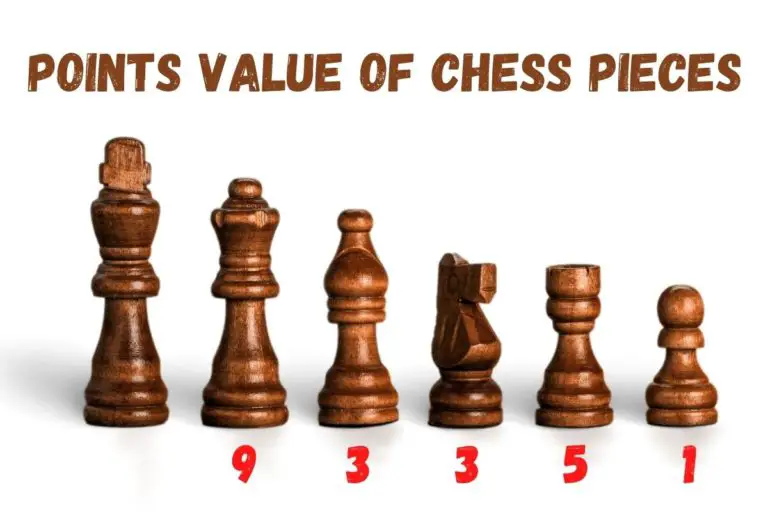(Evidence) How The Best Chess Players are Getting Younger
⭐⭐⭐ Take 4 minutes to read and improve your chess game ➡️ : This article was first published on, and is Copyright of Chessquestions.com
We see young prodigies in chess all the time. Recently we have seen the youngest grandmaster title achieved in 20 years by a 12 year old missing out on the ‘youngest grandmaster’ title by just 17 days, but how old are the best chess players?
The best chess players perform at their peak between the ages of 35-45 according to a study using 24,000 games played between 1980 and 2014 by world champions. However, the study also suggests that we may be seeing this age bracket decrease for players born more recently.
So are we about to see the very best performers in chess become younger and younger and the average age of grandmasters come down too?
What is the Average age for Chess Grandmasters?
The average age of the current top 100 chess grandmasters is 32.9 years. The eldest being #60 Boris Gelfand at 53, the youngest current #17 Alireza Firouzja at just 18 years of age in 2021. Just 31 of the Top 100 fall between the ages of 35-45.
| Age Group | Number |
|---|---|
| Under 20 | 2 |
| Under 35 | 60 |
| 35-45 | 31 |
| Over 45 | 9 |
| Over 50 | 3 |
- There are 60 Grandmasters in the top 100 that are aged younger than 35 Averaging 27.8
- There are just 9 Grandmasters in the top 100 aged more than 45, averaging 49.1
Alongside Alireza Firouzja, the only other teenager is #59 on the list of top 100 Grandmasters, Andrey Espipenko who is 19 at the time of writing. There are no younger players in the Top 100.
I looked at the top 10 players and found they averaged 32.6 years of age, so pretty close to the overall top 100 at 32.9, but whilst doing this my curiosity got the better of me based on the slight difference between the top 10 and top 100, with the younger average coming out for the top players.
So I wanted to check the top 10, top 20 etc etc and see if the age increased as I went along.
| Position | Av Age | Position | Av Age |
|---|---|---|---|
| Top 10 | 32.6 | 1-10 | 32.6 |
| Top 20 | 32.6 | 11-20 | 32.6 |
| Top 30 | 32.7 | 21-30 | 33.1 |
| Top 40 | 32.3 | 31-40 | 31 |
| Top 50 | 32.7 | 41-50 | 34.6 |
| Bottom 50 [of 100] | 33.1 | 51-60 | 33.5 |
| Bottom 40 | 33.1 | 61-70 | 30.8 |
| Bottom 30 | 33.8 | 71-80 | 35.9 |
| Bottom 20 | 32.8 | 81-90 | 35.2 |
| Bottom 10 | 30.5 | 91-100 | 30.5 |
The Early Years see the Quickest Advancement in Talent and Progress
It is not surprising to find that in terms of improvement of chess skills and playing ability the quickest improvement would be up to and including the age of 20. And the overall ability to find higher percentages of optimal moves has increased generally over time, but far more in the groups of younger players.
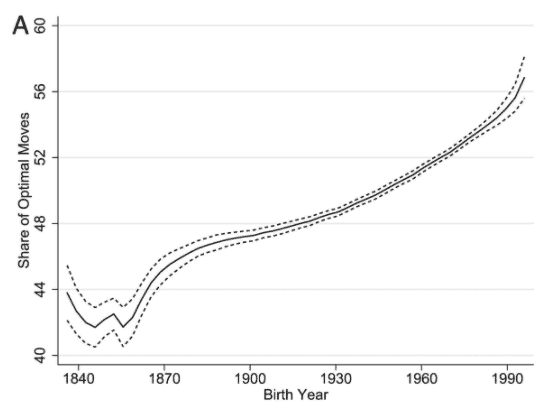
To find greater improvement at a younger age is generally true for a wide range of skills, whether that be mental, physical, sporting, or otherwise. In the case of chess, improvement can continue but will slow in pace as the player reaches mid-thirties according to the study.
Generally, after the age of 45, the results showed that players were making worse decisions and their playing ability began to reverse and become poorer.
Grandmasters Are Becoming Younger too
It is plain to see within the results that younger players born more recently have improved to level previous unnatained by players of the same age from say a earlier generations.
There is no doubt that the advancement of chess engines, greater preparation techniques and memorization has made the game more competitive and generally played to a far higher standard than before.
Some would say, including Bobby Fischer that this is not altogether for the good of the game, but something that is past a pint of no return, as the way players, including grandmaster approach the game now is very different to what it was before.
This is a fascinating video, unfortunately recorded on a plane, so the sound id not great, but his words are well worth a listen. It doesn’t explain why players are becoming better younger, but you can see his arguments pertain to the way chess is played today.
Bobby Fischer became the youngest ever Grandmaster in 1958 aged just 15 years, 6 months and 1 day. Prior to that achievement the youngest ever had been Boris Spassky aged 18.
Even until 1984 when Garry Kasparov grabbed a Grandmaster title aged 17, no one had come as close to Fischers’ record.
And the great turn up for the books was that the person who would beat Fischers record to become the youngest to grab a Grandmaster title would be a female, none other than Judit Polgar aged just 15 years and 4 months, when doing so in 1991.
- Peter Leko, 14 years 4 months, [1994]
- Ettienne Bacroft, 14 years 2 months [1997]
- Ruslan Ponomariov, 14 years, 17 days [1997]
- Bu Xiangzhi, 13 years, 10 months, 13 days [1999]
- Sergey Karjakin, 12 years 7 months [2002]
It has been 19 years since Sergey Karjakin became the youngest ever Grandmaster. Not quite the 26 years Bobby Fischer held the record for, but with Gukesh Dommaraju just missing out on the title when becoming a grandmaster at just 17 days older than Karjakin in 2019, the recor dmust surely be broken at some time.
Summary
So, if you plan on becoming a great chess player, the earlier you start playing the better your chances are.
If you want to be at you absolute best, from the research study that was carried out and looking at the top 100 grndmaster in the world today, You’ll probably be playing your very best chess aged around 30 to 40.
If, like me, you are 50+, don’t let age hold you back. You can still become a mean player and enjoy all of the delights of the wonderful game of chess.

